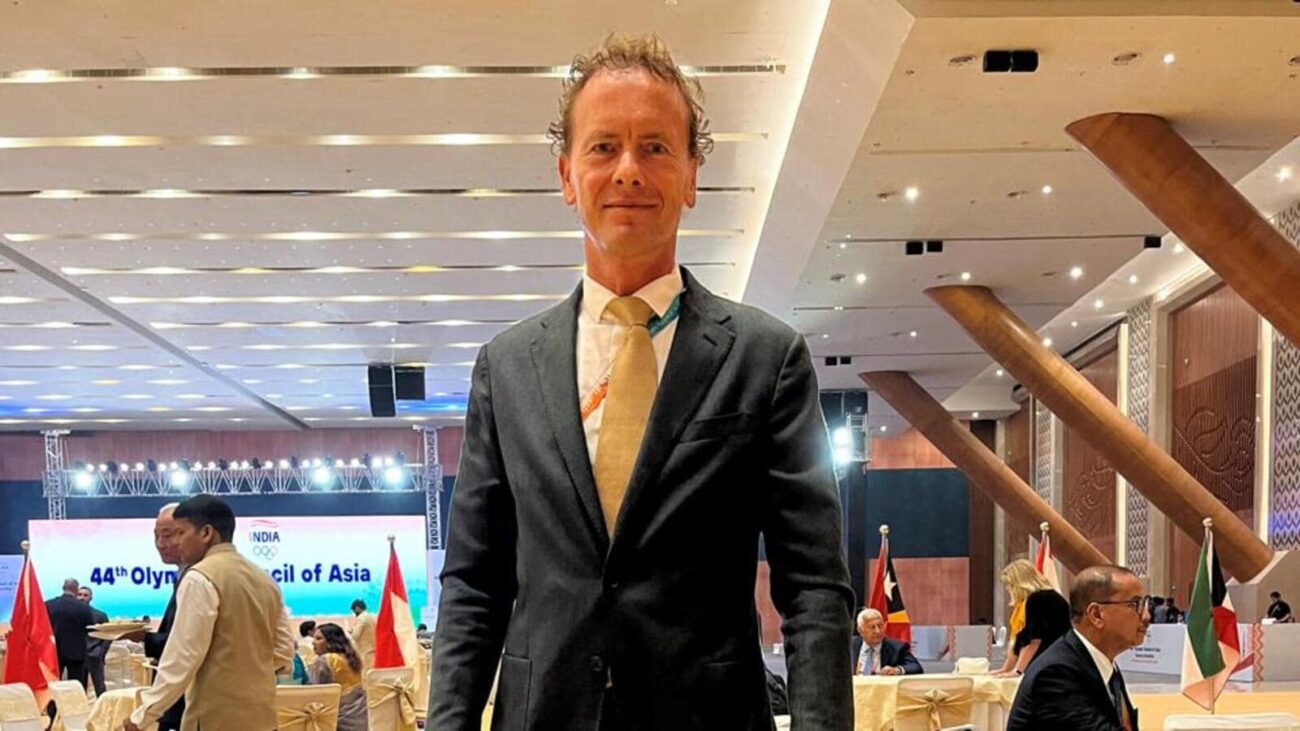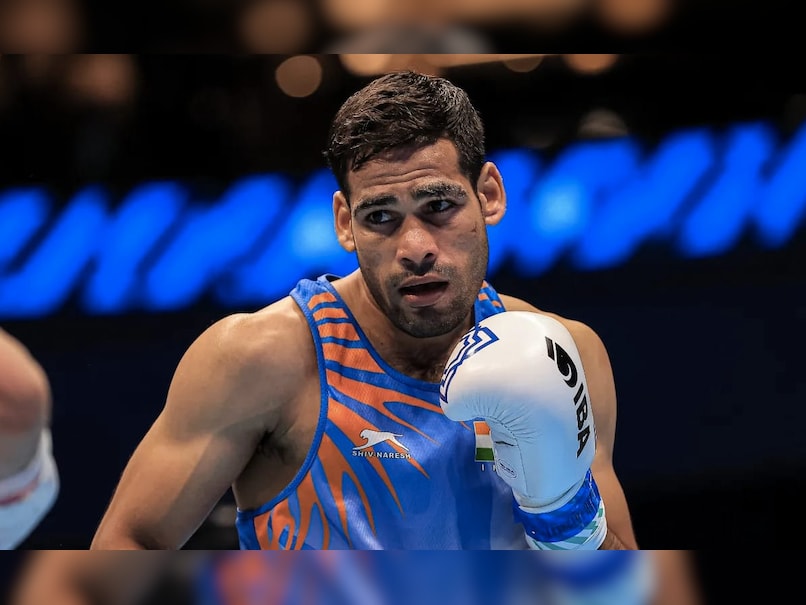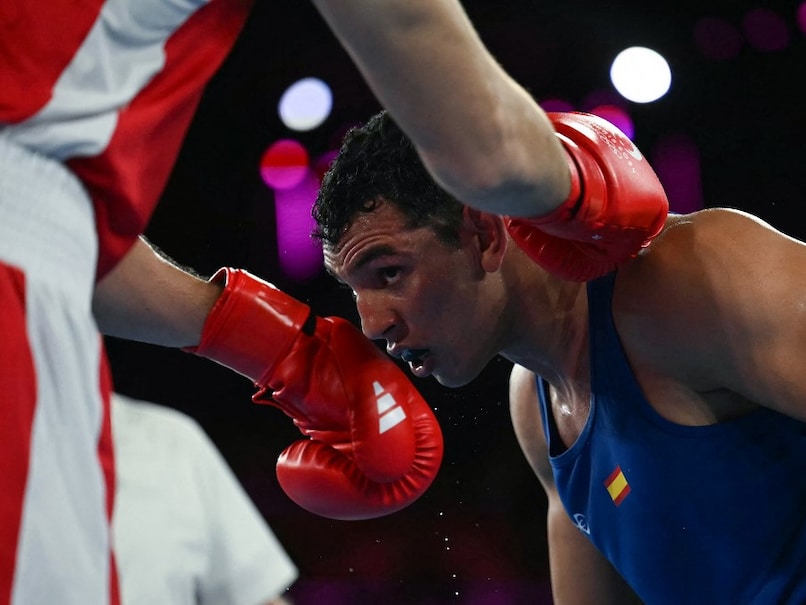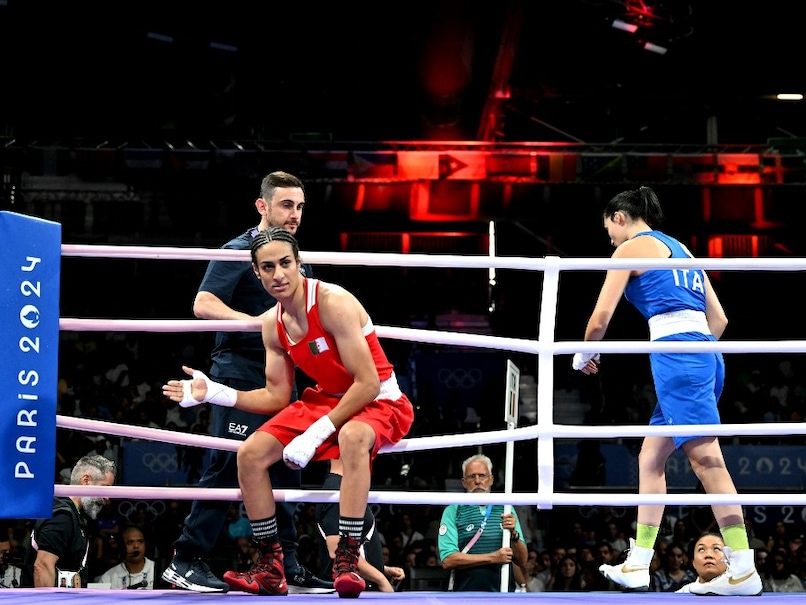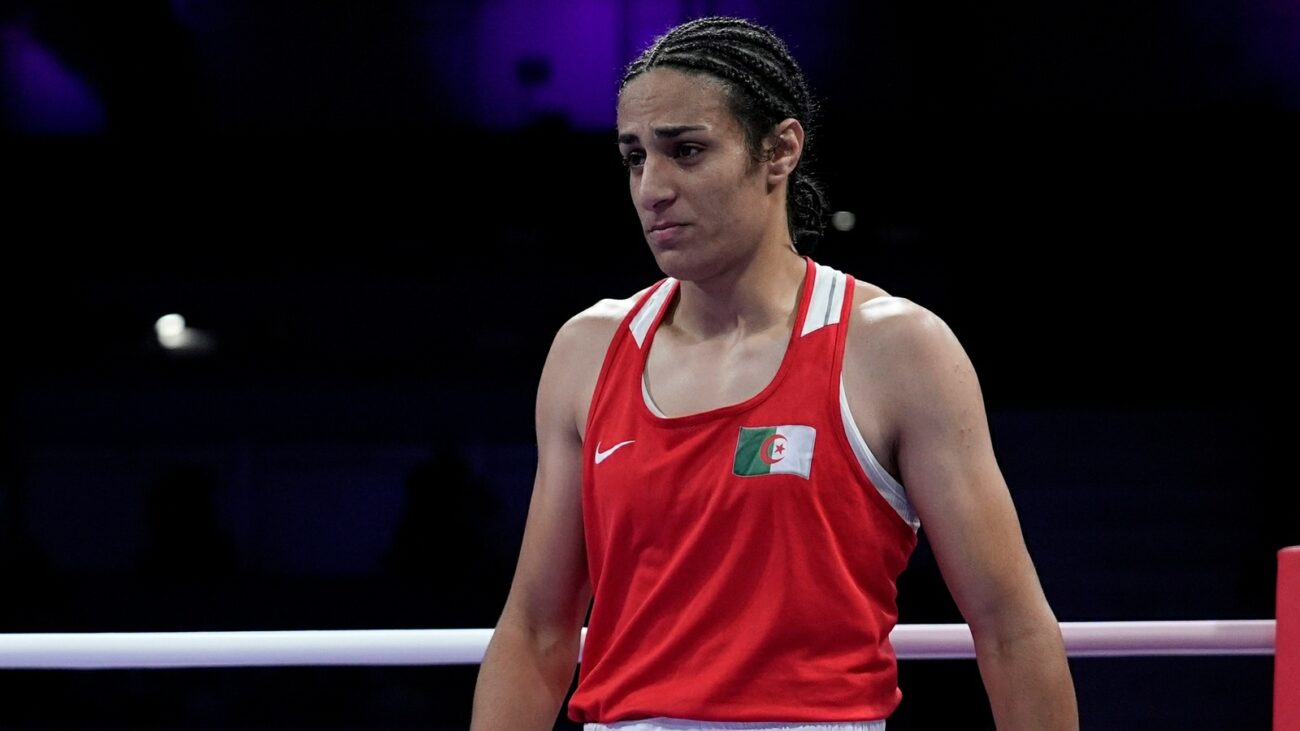Boxing’s Olympic Future Hinges on World Boxing’s Recognition
The future of boxing as an Olympic sport hangs in the balance as the International Olympic Committee (IOC) weighs the recognition of World Boxing (WB), the newly formed international federation. WB is racing against time to increase its membership and gain formal recognition from the IOC by the end of the year, as boxing is not currently included in the initial program for the 2028 Los Angeles Olympics.
The International Boxing Association (IBA), boxing’s former world governing body, was stripped of its recognition by the IOC in 2019 due to concerns over governance, financial transparency, and refereeing. The IOC organized the boxing competition at the Tokyo Games and will do so again at the Paris Olympics.
WB, led by Dutch president Boris van der Vorst, is actively seeking support from National Olympic Committees (NOCs) in Asia and around the world. Van der Vorst acknowledges the urgency of the situation, stating that WB needs to fulfill the IOC’s criteria for recognition as the world governing body for boxing.
Despite WB’s efforts, progress in gaining membership has been slow. IBA, led by Russian Umar Kremlev, has been actively trying to retain its members, particularly in Africa and Asia. IBA has unveiled new tournaments with increased prize money, including the IBA Team World Cup and the IBA Champions’ Night.
The Asian Boxing Confederation (ABC) recently voted against joining WB, with only nine Asian boxing federations, including India, joining the new organization. IBA maintains a strong hold on boxing federations in Africa, with only one federation (Nigeria) switching to WB.
India’s role in shaping WB is seen as crucial. BFI president Ajay Singh has met with Van der Vorst and emphasized the importance of India’s voice within world boxing. Singh believes that an alternative world body is essential for boxing’s Olympic future.
The IOC has made it clear that it will not remove boxing from the LA ’28 Olympics on its own, but a viable world body must emerge. WB is working diligently to meet the IOC’s requirements and gain recognition by the end of the year.

